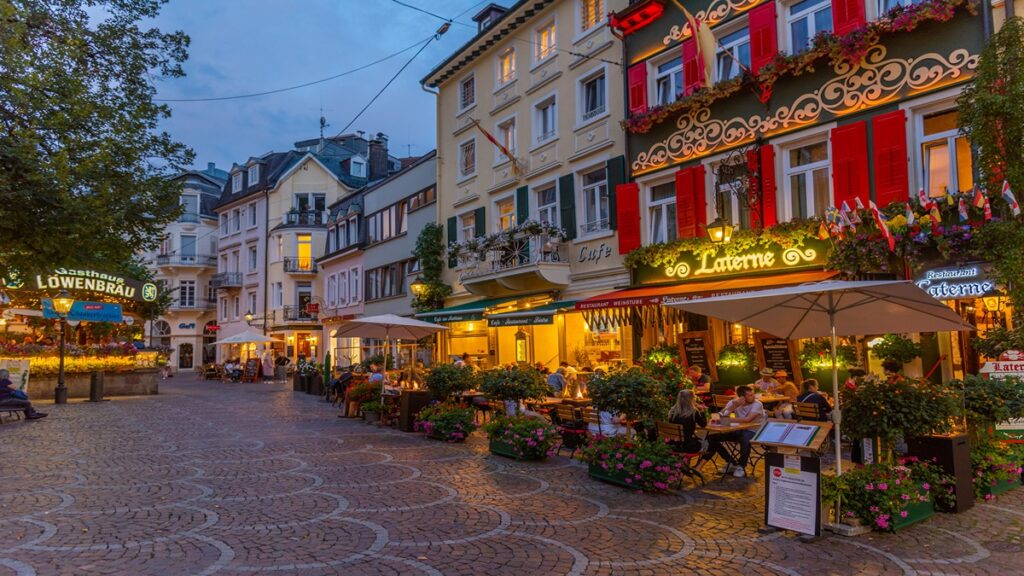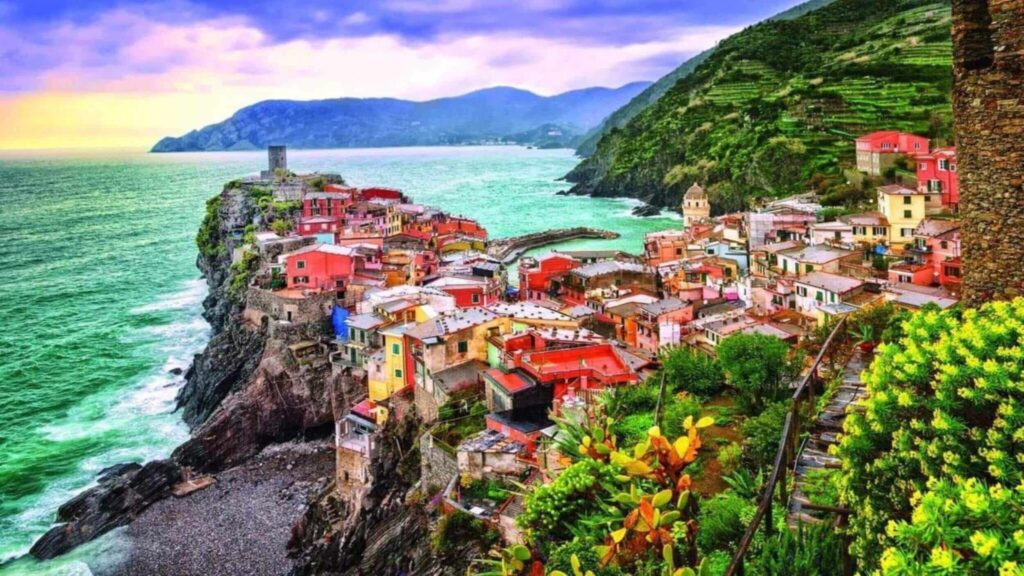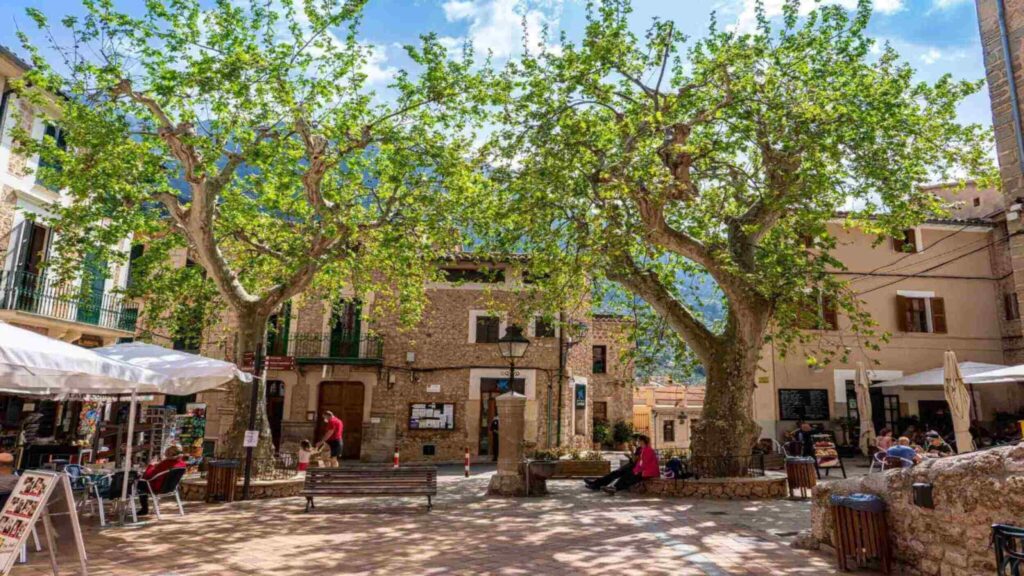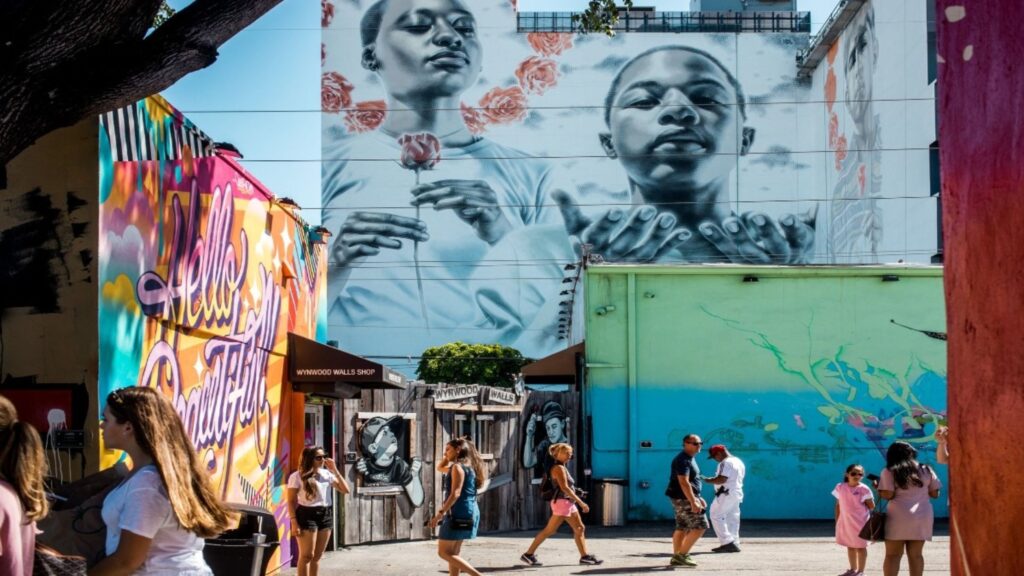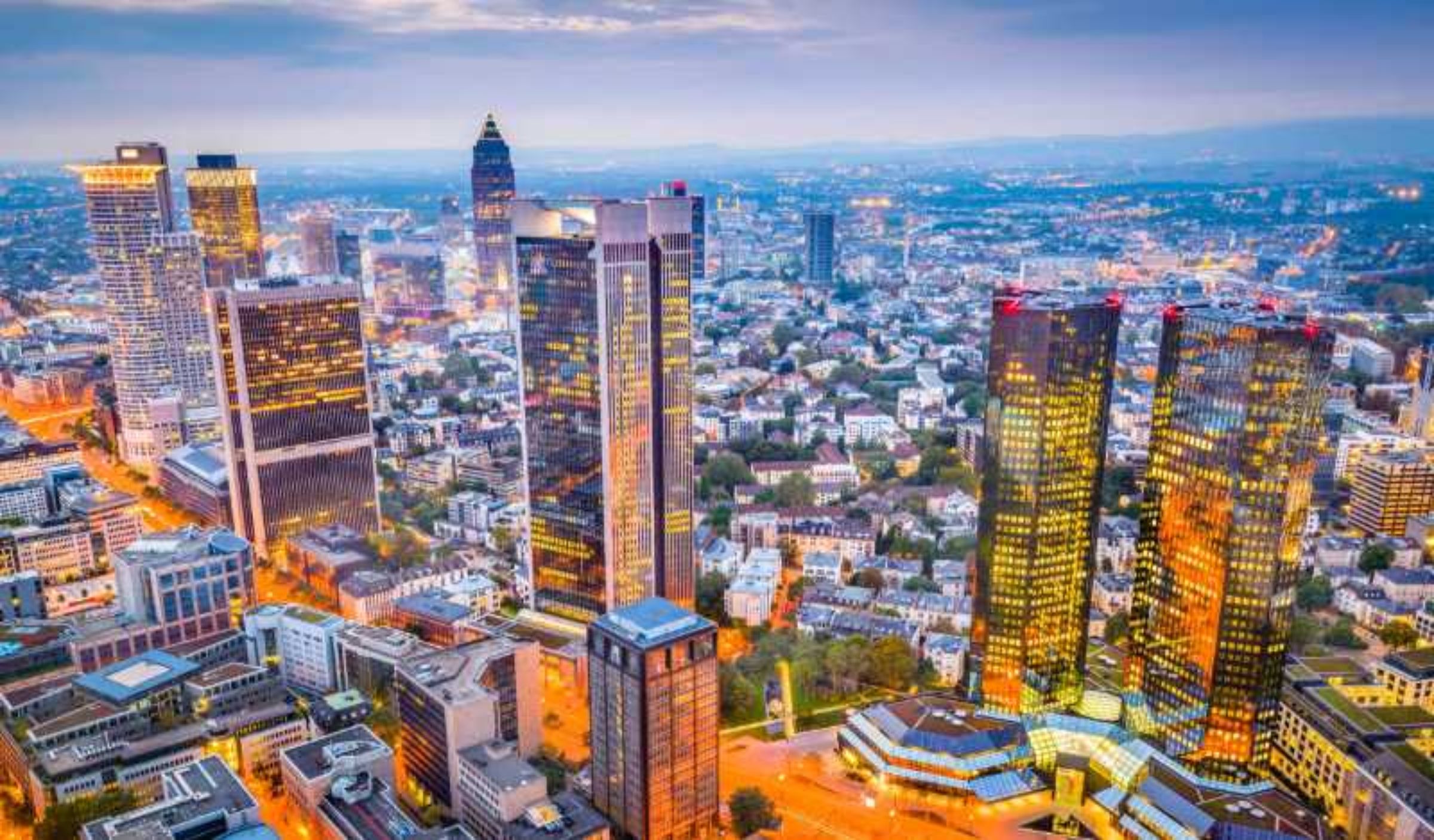
Munich or Frankfurt: Essential City Guide
Careful planning shapes successful travels through Germany’s premier cities. When comparing Munich or Frankfurt, understanding distinct characteristics helps inform choices. Popular districts like Altstadt and Sachsenhausen demonstrate unique cultural identities. In fact, each city offers compelling reasons for visitors.
Comparing Living Standards in German Cities
Urban infrastructure defines daily life in Germany’s major metropolitan areas. The choice between Munich or Frankfurt reflects different lifestyle preferences. Areas like Westend and Maxvorstadt showcase high living standards through excellent amenities. Particularly, both cities maintain exceptional public services.
Local Attraction: Munich’s Olympic Park offers world-class sports facilities and cultural events
Quality of life shapes residential experiences in these German powerhouses. Most visitors discover well-maintained public spaces and efficient systems. As a result, both cities rank highly for urban living standards. Even so, each city presents unique advantages for different lifestyles.
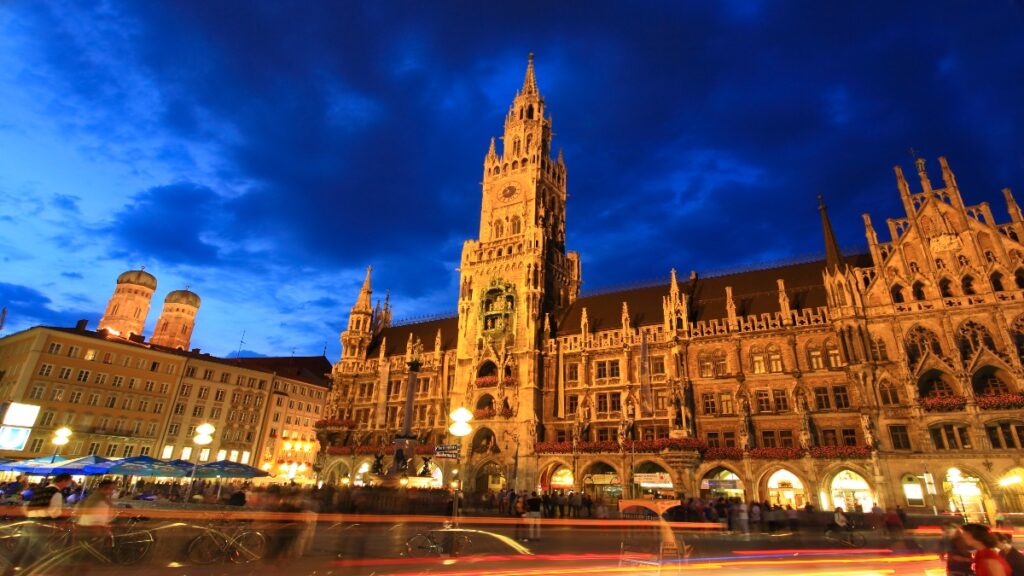
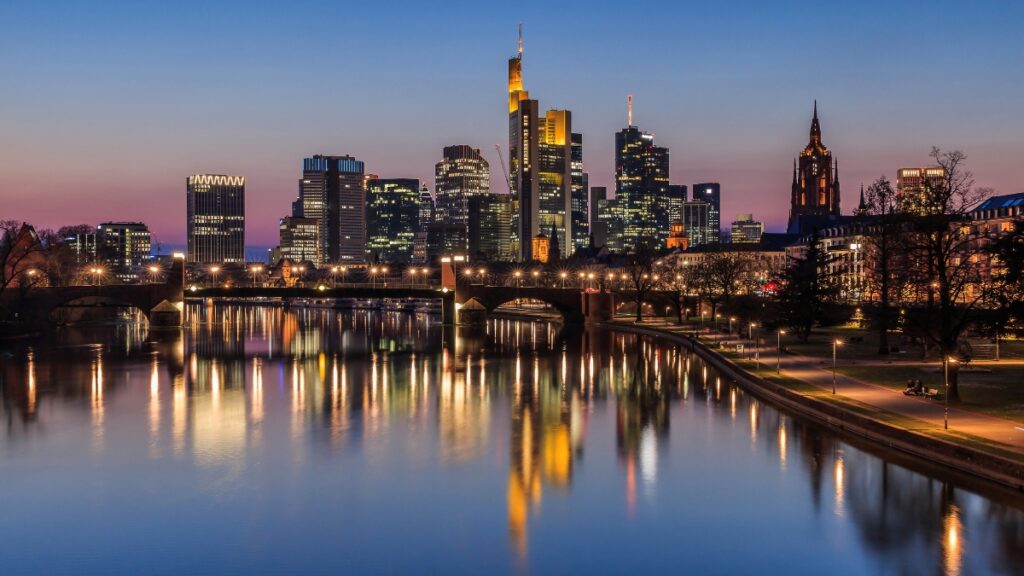
Travel Connections Between Munich and Frankfurt
Transport networks also characterise Germany’s exemplary infrastructure system. The connectivity extends throughout both metropolitan regions. Cities like Rödelheim and Schwabing benefit from comprehensive transit links. Different from other European cities, German efficiency defines travel experiences.
Top Tip: Purchase a Deutsche Bahn Card for significant savings on intercity travel
Professional services ensure smooth transitions between destinations. Transport authorities maintain excellent connection standards. Due to these efforts, visitors navigate easily between cities. Most importantly, understanding transport options helps maximize travel efficiency.
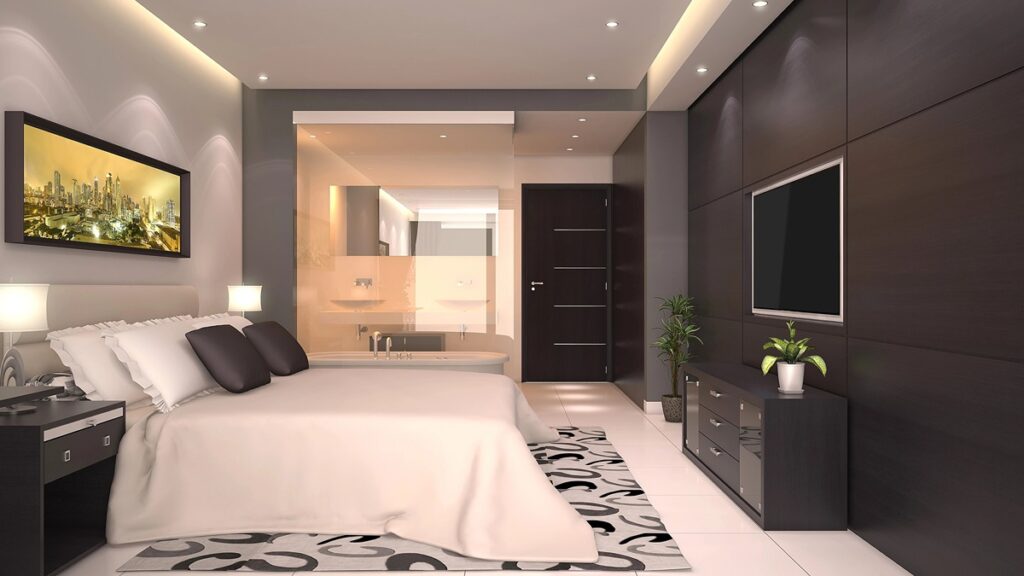
Living Costs: Munich or Frankfurt for Your Stay
Cost analysis guides informed decisions about German city living. When comparing Munich or Frankfurt, accommodation expenses reveal significant differences. Popular areas like Bogenhausen and Nordend showcase diverse housing options. In fact, living costs vary notably between districts.
Affordable Housing Options in Both Cities
Housing choices shape budget planning in Germany’s major cities. The comparison between Munich or Frankfurt highlights distinct rental markets. Districts like Giesing and Bornheim offer reasonable alternatives through varied accommodation types. Certainly, research helps locate affordable options.
Local Attraction: Frankfurt’s Europaviertel features modern apartments with excellent amenities
Budget considerations influence accommodation selection in both cities. Most visitors discover varying price ranges across different neighborhoods. As a result, careful research reveals cost-effective housing solutions. Even so, location preferences affect overall living expenses.
Cost Analysis of Munich and Frankfurt Districts
Price variations characterise different urban districts. The affordability spectrum spans across residential areas. Neighborhoods like Sendling and Gallus demonstrate diverse pricing through various housing types. Different from expectations, affordable options exist in both cities.
Top Tip: Consider shared housing in trendy districts to reduce living costs
Financial planning ensures successful relocation experiences. Housing authorities provide transparent pricing information. Due to these efforts, newcomers make informed accommodation choices. Most importantly, understanding district costs helps optimize housing decisions.

Culinary Experiences: Munich or Frankfurt Food Scene
Traditional flavours define Germany’s diverse culinary landscape. When comparing the two choices, distinct food cultures shape unique experiences. Popular districts like Sachsenhausen and Haidhausen showcase rich gastronomic traditions. In fact, each city offers distinctive regional specialties.
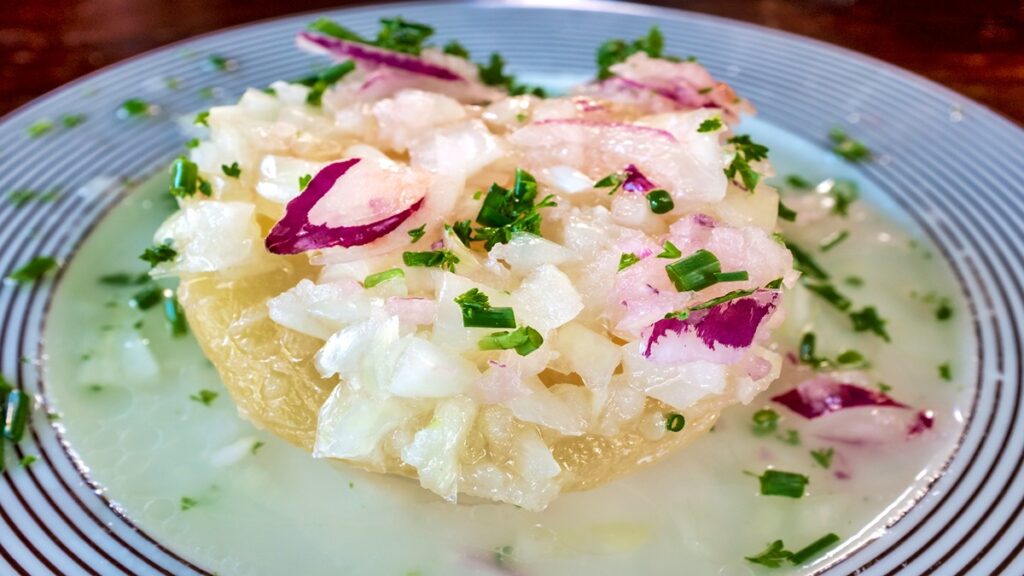
Traditional Cuisine in Munich and Frankfurt
Local specialties characterise authentic dining experiences in both cities. The choice between cities reveals different culinary heritage. Areas like Höchst and Gärtnerplatz maintain traditional cooking through family-run establishments. Particularly, historic restaurants preserve authentic recipes.
Local Attraction: Frankfurt’s Kleinmarkthalle offers over 150 traditional food vendors

Culinary heritage also guides gastronomic exploration in these German cities. Most visitors discover unique regional dishes in traditional settings. As a result, food becomes a highlight of city experiences. Even so, each city maintains distinct culinary identities.
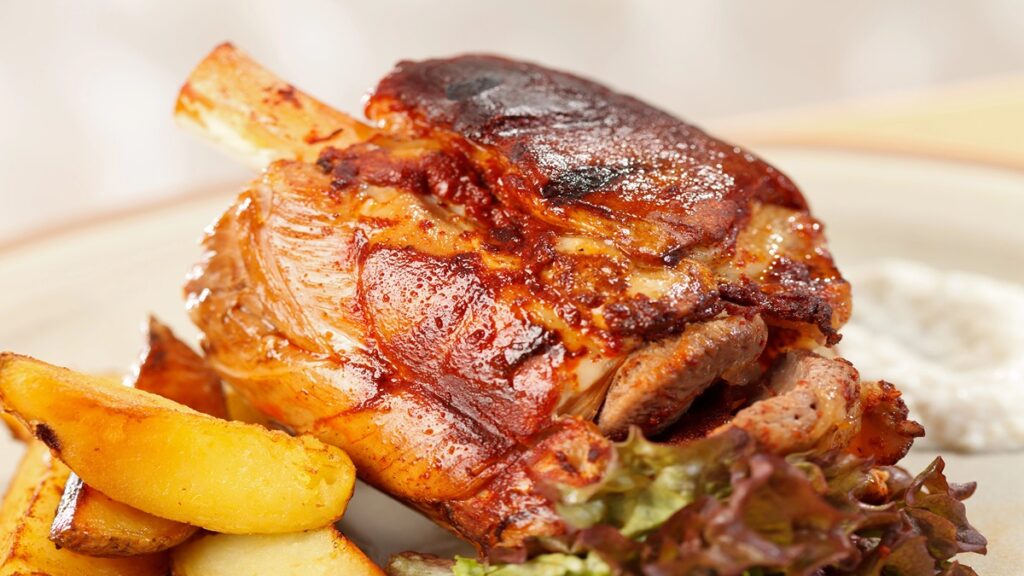
Modern Dining Options Across Both Cities
Contemporary cuisine shapes modern German gastronomy. The innovation extends throughout both cities’ restaurant scenes. Districts like Westend and Schwabing demonstrate culinary evolution through fusion restaurants. Different from traditional eateries, modern venues offer international influences.
Top Tip: Book weekend brunch spots in advance, especially in trendy districts
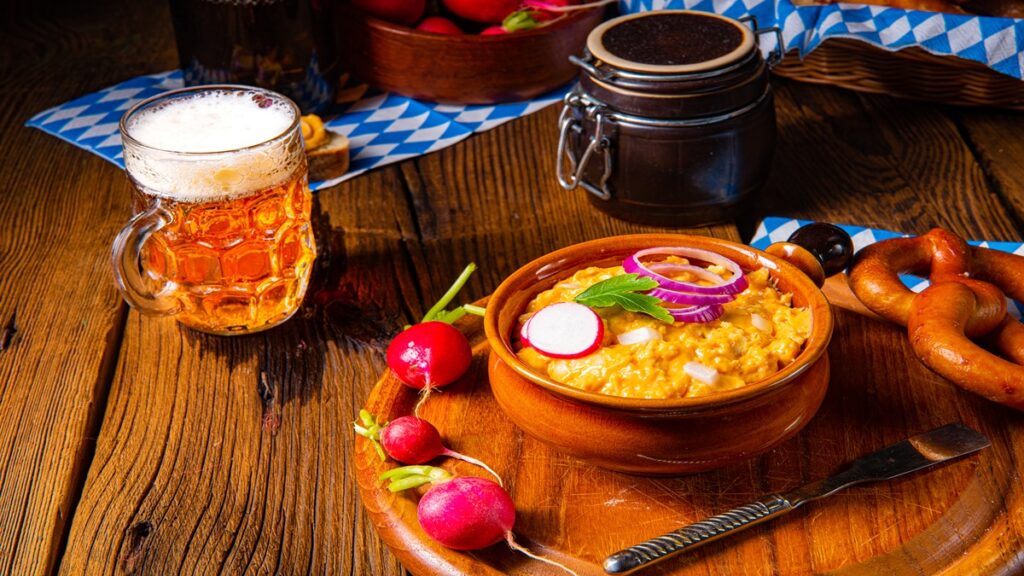
Professional chefs ensure high-quality dining experiences. Restaurant authorities maintain strict culinary standards. Due to these efforts, visitors enjoy excellent food quality. Most importantly, understanding both traditional and modern options enhances dining experiences.

Tourist Districts: Choosing Munich or Frankfurt
Visitor experiences vary significantly between Germany’s premier tourist destinations. When comparing destinations, distinct neighborhood characteristics guide your choices. Popular areas like Altstadt-Lehel and Bahnhofsviertel demonstrate contrasting urban personalities. In fact, each district offers unique travel experiences.
Historic Areas: Munich or Frankfurt Old Towns
Heritage preservation shapes authentic exploration of medieval quarters. The choice between Munich or Frankfurt reflects different historical atmospheres. Districts like Innenstadt and Viktualienmarkt maintain traditions through careful restoration. Particularly, ancient architecture creates immersive experiences.
Local Attraction: Munich’s Residenz Palace offers guided tours through 700 years of history
Cultural authenticity guides visitor experiences in historic quarters. Most tourists discover well-preserved medieval streets and landmarks. As a result, historical exploration becomes deeply meaningful. Even so, each old town presents distinct architectural styles.
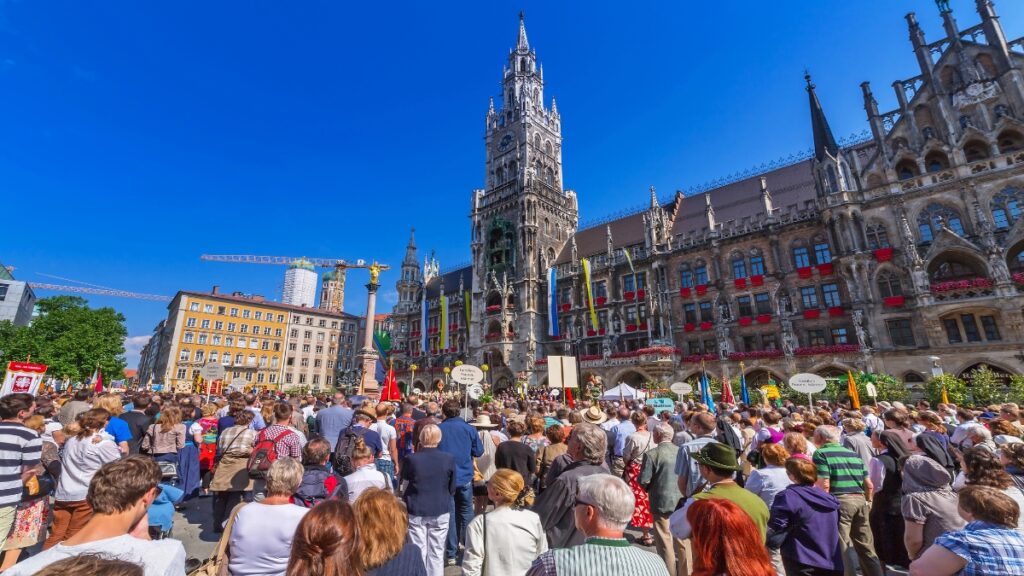
Modern Districts and Urban Development Plans
Contemporary design characterises newly developed urban areas. The modernity extends throughout revitalized neighborhoods. Areas like Europaviertel and Schwanthalerhöhe showcase innovation through modern architecture. Different from historic quarters, new districts offer cutting-edge amenities.
Top Tip: Visit rooftop bars in modern districts for spectacular city views
Urban planning ensures balanced development in tourist areas. City authorities maintain strict preservation guidelines. Due to these efforts, visitors experience both old and new cityscapes. Most importantly, understanding district characteristics helps optimize travel plans.

Entertainment Guide: Munich or Frankfurt After Dark
Evening exploration reveals distinct entertainment cultures in Germany’s vibrant cities. When comparing where to go, nightlife options shape unique experiences. Popular districts like Schwabing and Alt-Sachsenhausen demonstrate diverse after-dark scenes. In fact, each city offers distinctive evening entertainment.
Evening Activities in Munich and Frankfurt
Nighttime venues create memorable experiences in both metropolitan areas. The choice between Munich or Frankfurt reflects different entertainment styles. Areas like Gärtnerplatzviertel and Nordend maintain vibrant scenes through diverse venues. Particularly, evening activities cater to varied interests.
Local Attraction: Frankfurt’s Jazzkeller hosts legendary live music performances since 1952
Entertainment variety shapes evening adventures in these cities. Most visitors discover unique venues suited to their preferences. As a result, nightlife becomes a highlight of city experiences. Even so, each city maintains distinct evening atmospheres.
Nightlife Districts Worth Exploring
Evening ambiance characterises popular entertainment zones. The vibrancy extends throughout dedicated nightlife quarters. Districts like Glockenbachviertel and Bahnhofsviertel showcase diversity through varied venues. Different from daytime, evening scenes transform city spaces.
Top Tip: Many clubs require advance registration or guest list entry – plan accordingly
Professional management ensures safe evening entertainment. City authorities maintain strict venue standards. Due to these efforts, visitors enjoy secure nightlife experiences. Most importantly, understanding district characteristics helps plan memorable evenings.
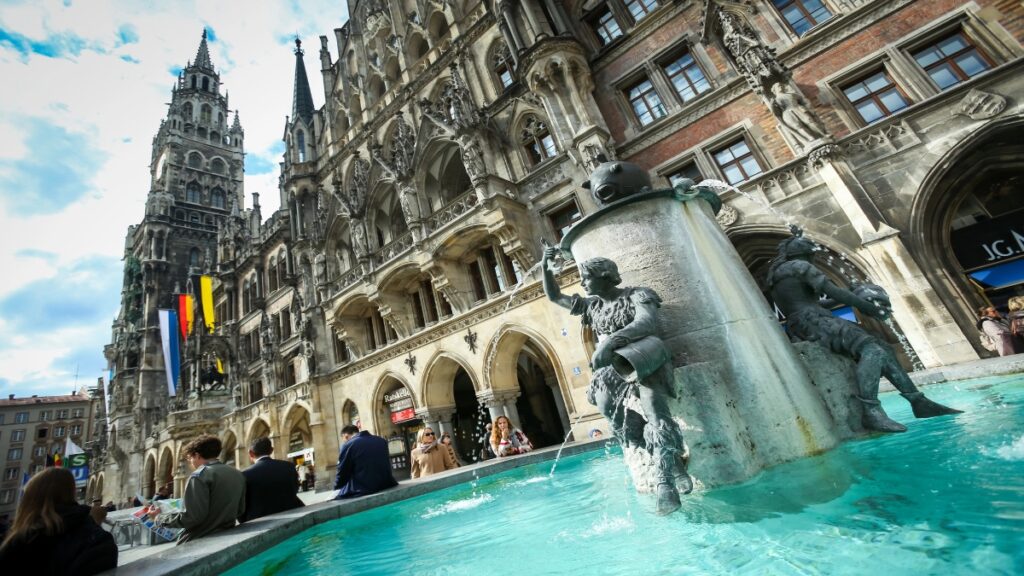
Cultural Landmarks: Munich or Frankfurt Attractions
Cultural heritage shapes visitor experiences in Germany’s iconic cities. When comparing cities distinctive landmarks create unique atmospheres. Popular sites like Marienplatz and Römerberg showcase rich historical legacies. In fact, both cities preserve remarkable architectural treasures.
Historic Monuments in Both Cities
Architectural significance guides exploration of Germany’s cultural sites. The choice of cities reveals different historical narratives. Areas like Maxvorstadt and Altstadt maintain heritage through careful preservation. Particularly, medieval structures tell compelling stories.
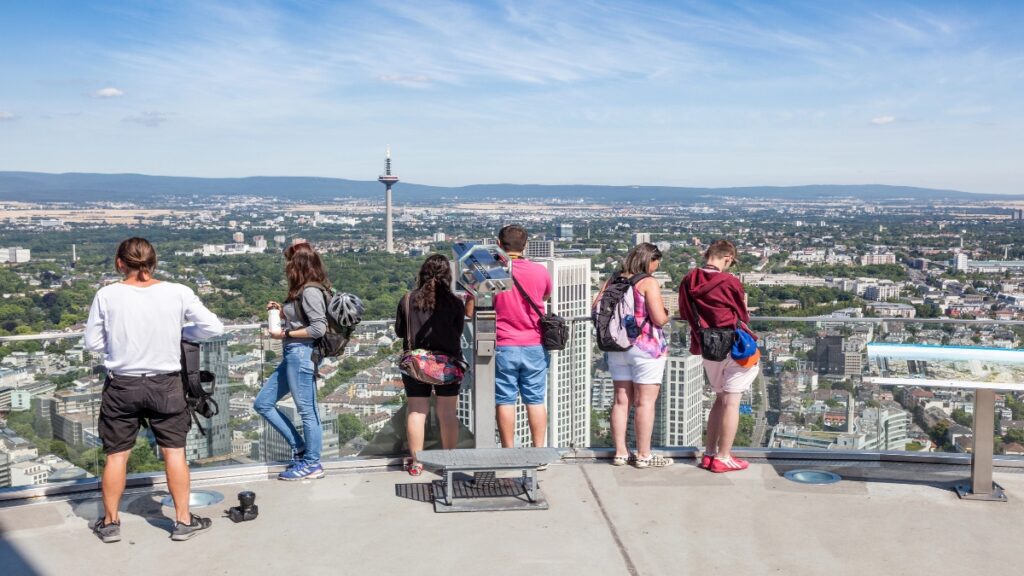
Local Attraction: The Alte Oper Frankfurt hosts world-class performances in historic surroundings
Historical preservation also ensures authentic cultural experiences. Most visitors discover well-maintained monuments and historic sites. As a result, cultural exploration becomes deeply rewarding. Even so, each city offers unique historical perspectives.
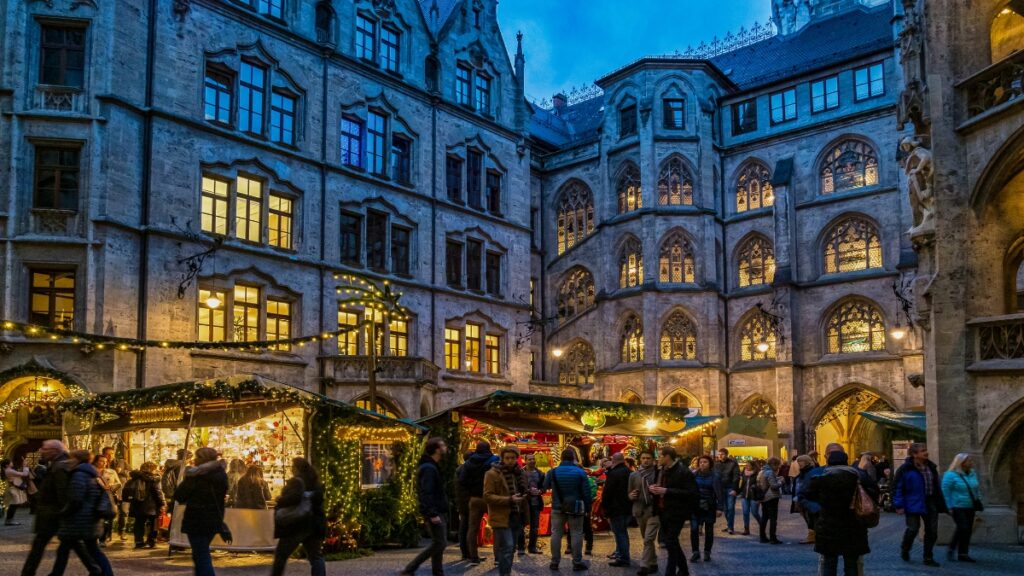
Museums and Art Galleries Comparison
Artistic collections characterise Germany’s cultural institutions. The commitment to arts extends throughout both cities. Districts like Museumsufer and Kunstareal demonstrate cultural richness through diverse exhibitions. Different from other cities, museum density creates cultural hubs.
Top Tip: Purchase city museum passes for significant savings on multiple attractions
Professional curation ensures engaging cultural experiences. Museum authorities maintain world-class exhibition standards. Due to these efforts, visitors enjoy exceptional cultural offerings. Most importantly, understanding cultural offerings helps plan meaningful visits.

